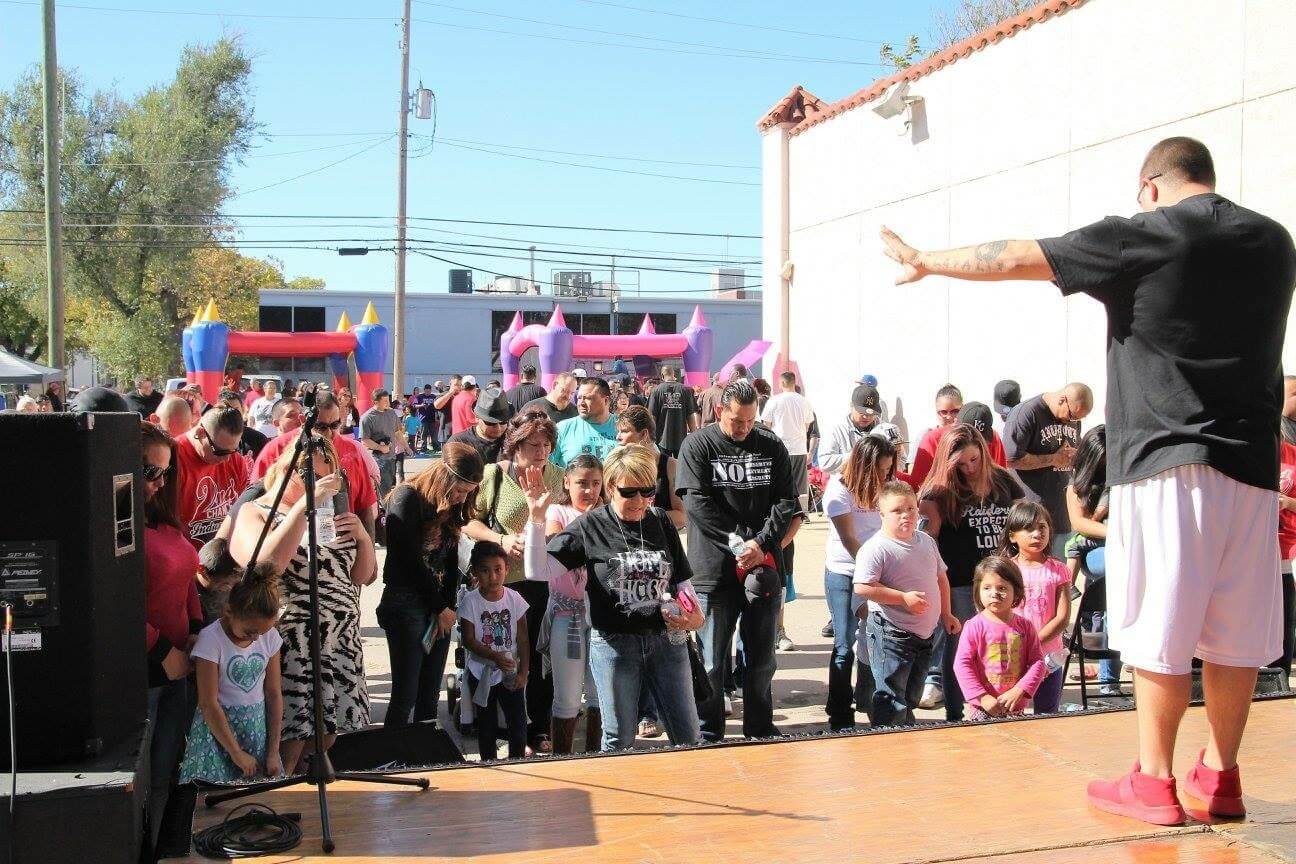If you’ve ever watched a true crime show or a Hollywood action movie, you’ve probably seen bounty hunters tracking down fugitives who skipped bail. But how does a bounty hunter work in real life—especially in Kansas? Is it like the movies, or is the reality more complex?
In this blog post, we’ll answer your biggest questions about bounty hunters, including what they’re allowed to do in Kansas, how they operate, and how they connect to the bail bond process. Whether you’re researching after a loved one missed a court date or you’re simply curious, here’s everything you need to know.
What Is a Bounty Hunter?
A bounty hunter—also called a bail enforcement agent or fugitive recovery agent—is someone who is hired to track down and return individuals who skipped out on bail. When a defendant is released from jail on bond, they’re legally required to show up for all court dates. If they don’t, it’s considered “failure to appear,” and a bench warrant is issued for their arrest.
If the defendant was released using a bail bond company like A Second Chance Bail Bonds, the company may hire a bounty hunter to recover the defendant and avoid financial losses.
How Does a Bounty Hunter Work?
Bounty hunters in Kansas work closely with bail bond agents. Here’s a simplified breakdown of how the process usually works:
-
Defendant Skips Court:
A person fails to appear in court after being released on bond. -
Bond Is at Risk:
The bail bond company that paid the defendant’s bond is now responsible for the full amount if the person isn’t returned to custody. -
Bounty Hunter Is Contacted:
The bond company may employ or contract a licensed bounty hunter to locate and apprehend the defendant. -
Tracking and Surveillance:
Bounty hunters use a variety of tools—databases, surveillance, interviews with family and friends—to locate the fugitive. -
Apprehension:
Once located, the bounty hunter can make a citizen’s arrest and return the defendant to jail.

Bounty Hunter Laws and Rules in Kansas
While Kansas allows the use of bounty hunters, there are specific bounty hunter rules and requirements in place to ensure legality and accountability.
1. Licensing and Registration
In Kansas, bounty hunters must be licensed private investigators. They cannot simply operate without credentials. According to Kansas law, they must also notify the local sheriff’s department before making an arrest.
2. Notification to Law Enforcement
Before attempting to apprehend a fugitive, the bounty hunter must inform the sheriff in the county where the arrest will occur. This prevents confusion and ensures coordination with local law enforcement.
3. Permissible Force
While bounty hunters have broader arrest powers than private citizens, they still must abide by the law. Excessive force is not allowed. If the suspect resists, bounty hunters may use reasonable force to detain them—but deadly force is rarely justified unless there’s an immediate threat.
4. No Search Warrants
Unlike police officers, bounty hunters do not carry search warrants. However, if the fugitive signed a bail agreement, they often waived certain rights, such as privacy in their home or vehicle. This allows bounty hunters to enter private property—but only under strict conditions related to the bail contract.
What Are a Bounty Hunter’s Rights?
Many people wonder: what can and can’t a bounty hunter legally do?
Bounty hunter rights in Kansas include:
-
Pursue across state lines, provided they follow proper notification procedures.
-
Enter a fugitive’s home if it’s specified in the bond agreement.
-
Detain a fugitive without a traditional warrant, but only to return them to custody.
However, bounty hunters cannot:
-
Enter third-party property without permission or a warrant.
-
Impersonate law enforcement officers.
-
Use illegal methods to obtain information or make an arrest.
They operate in a narrow legal space—not quite law enforcement, but with more authority than the average citizen when it comes to specific fugitives.
Why Bail Bond Companies Rely on Bounty Hunters
If someone skips bail, the bail bond company loses the full bond amount unless the person is brought back to jail. Bounty hunters serve as the recovery arm of the bail industry.
At A Second Chance Bail Bonds in Wichita, Kansas, we take our clients’ responsibility seriously. If someone misses court, we don’t panic—we take action. Our partnerships with licensed and experienced bounty hunters help protect our clients and our business. We always encourage clients to appear in court, but if something goes wrong, we have the tools to respond.
Are Bounty Hunters Safe and Legal?
Yes—when operating within Kansas law, bounty hunters are a legal and regulated part of the criminal justice system. While their role may seem dramatic, most bounty hunters follow ethical practices, work closely with bail bond companies, and coordinate with local law enforcement to ensure public safety.
Still, if you’re ever approached by a bounty hunter, ask for identification and contact your attorney or bail bond agent immediately for clarification. Click here for more information on bounty hunter laws in Kansas.
Final Thoughts
Bounty hunters may sound like something out of a Western, but they play a very real role in the Kansas justice system. If you’re wondering “how does a bounty hunter work,” the short answer is: they help bail bond companies recover fugitives who skipped out on their court obligations—legally, strategically, and with accountability.
At A Second Chance Bail Bonds in Wichita, we’re committed to helping our clients navigate every step of the bail process, from jail release to court appearance. We know that things happen—and when they do, we’re ready to respond with experience, professionalism, and care.
Need to Post Bail or Have Questions?
Call A Second Chance Bail Bonds 24/7 at (316) 722-5245 or visit our Contact Page to get help now.








